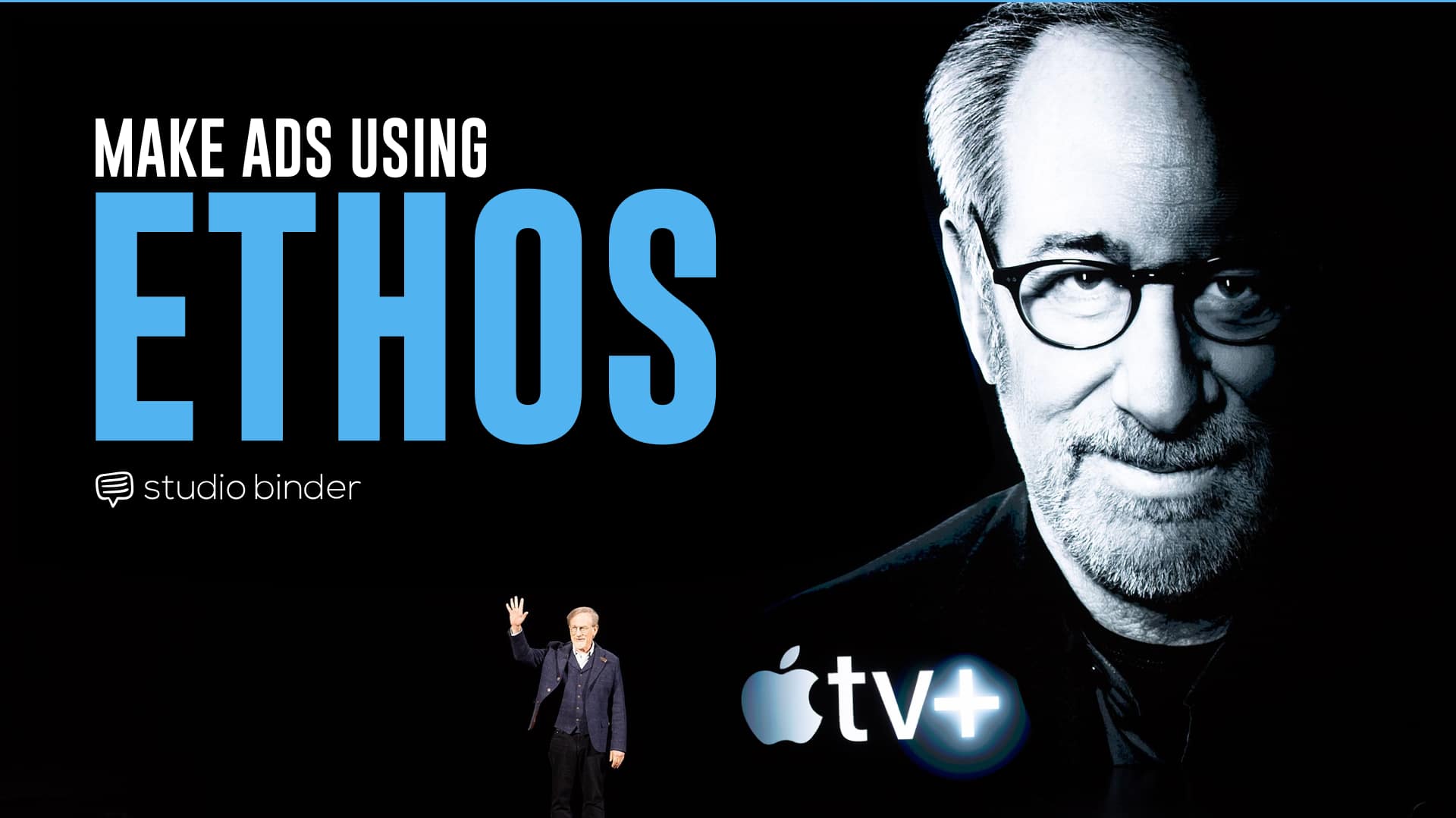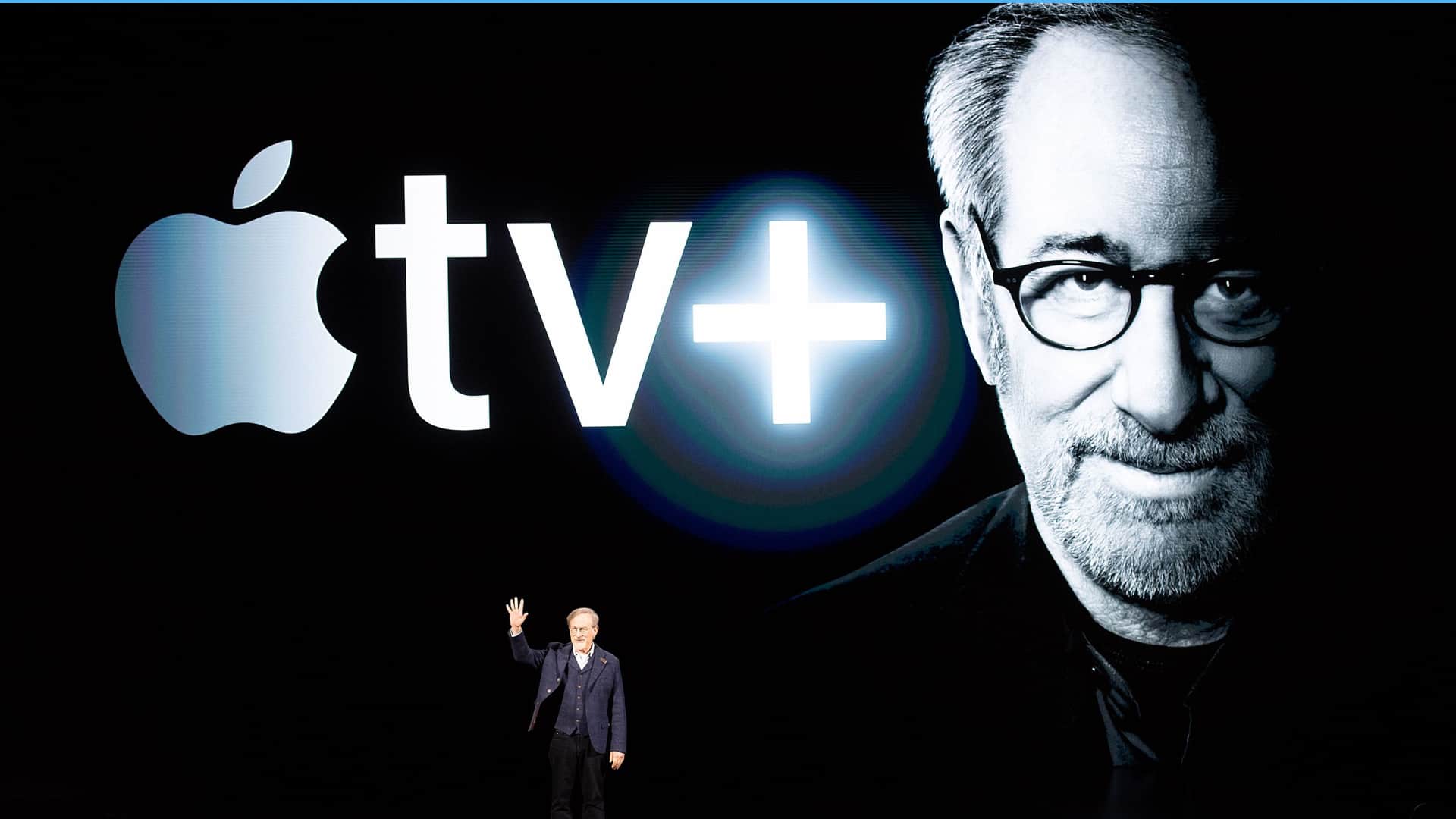Ethos Commercials: Building Trust & Credibility In Ads
In a world saturated with marketing messages, how do brands truly connect with consumers? The answer lies in the power of Ethos Commercials, a strategy built on trust, values, and authenticity.
As businesses navigate the complexities of the modern market, the concept of an Ethos Commercial stands out as a strategic imperative. This approach is not merely about selling a product or service; it's about building a brand identity that resonates with consumers on a deeper, more meaningful level. Ethos, originating from Aristotle's principles of persuasion, highlights the significance of ethical appeal in communication. By weaving ethical considerations into their advertising, brands can forge strong, lasting relationships with their audience, fostering brand loyalty and achieving sustainable growth.
This article is a deep dive into the world of Ethos Commercials, exploring their core principles, the vital role they play in today's advertising landscape, and how businesses can successfully implement them to build a trustworthy brand identity and enhance their appeal to a discerning audience.
- What is Ethos Commercial?
- Importance of Ethos in Advertising
- Key Components of Ethos
- How to Create an Ethos Commercial
- Examples of Successful Ethos Commercials
- Measuring the Impact of Ethos
- Common Mistakes to Avoid
- Integrating Ethos with Other Appeals
- Future of Ethos in Advertising
What is Ethos Commercial?
An Ethos Commercial is fundamentally a marketing strategy that centers on leveraging the ethical appeal of a brand to persuade its target audience. Derived from the Greek term "character," ethos focuses on building the credibility and trustworthiness of the brand. It is about conveying integrity, expertise, and moral values through the advertising message.
Definition and Historical Context
Ethos has been a cornerstone of persuasive communication since ancient times, with Aristotle's identification of it as one of the three fundamental modes of persuasion, alongside logos (logic) and pathos (emotion). In contemporary advertising, the effective use of ethos lies in creating a connection between the brand and the audience by highlighting shared values, ethical principles, and authentic commitments. Ethos commercials aim to demonstrate a brand's commitment to its customers, the environment, and society at large.
Why Ethos Matters in Modern Advertising
Consumers are now more informed and discerning than ever. They carefully evaluate brands, seeking those that align with their personal values and demonstrate a clear commitment to ethical and sustainable practices. The Ethos Commercial addresses this need by highlighting the moral and ethical dimensions of a brand. This strategy allows consumers to form genuine connections with companies based on shared values and mutual respect.
- Katmovie Netflix Your Guide To Streaming Movies Online
- Hdhub For You Watch Movies Tv Shows In Hd 2024 Guide
Importance of Ethos in Advertising
In an environment where transparency and authenticity are paramount, ethos is a critical driver in shaping a brand's public perception. Its integration into advertising strategies allows companies to achieve several key benefits:
- Build trust and credibility with their audience.
- Enhance brand loyalty and customer retention.
- Differentiate themselves from competitors in a crowded market.
- Resonate with consumers who value ethical and sustainable practices.
Consumers are demonstrably more inclined to engage with brands that exhibit a robust ethical foundation. A study by Nielsen, for instance, revealed that 66% of global consumers are willing to pay more for products and services from companies committed to social responsibility. This underscores the tangible economic advantages of integrating ethos into advertising efforts.
Ethos Commercial
To create an effective Ethos Commercial, brands need to focus on the three essential components:
1. Credibility
Credibility is the bedrock of ethos. Brands must clearly demonstrate their expertise and knowledge within their specific industry. This can be achieved through the following methods:
- Highlighting industry certifications and awards.
- Featuring testimonials from satisfied customers.
- Sharing success stories and case studies.
2. Trustworthiness
Trustworthiness is vital for building long-term, solid relationships with consumers. Brands can cultivate trust by:
- Being transparent about their business practices.
- Adhering to ethical guidelines and regulations.
- Responding promptly to customer concerns and feedback.
3. Moral Character
Moral character encompasses the values and principles that guide a brand's actions. By actively demonstrating a commitment to social responsibility and sustainability, brands can effectively appeal to consumers who prioritize ethical consumption. In the current climate, a brand's moral compass is frequently scrutinized. Demonstrating strong values is critical for attracting and retaining customers.
How to Create an Ethos Commercial
Crafting a compelling Ethos Commercial requires a strategic approach that is congruent with the brand's core values and objectives. Following these steps will ensure a more effective and impactful commercial:
Step 1
The first step is to pinpoint the ethical principles that define your brand. This could encompass commitments to sustainability, fair trade, community involvement, or other socially conscious initiatives. Clear articulation of these values will help guide the entire creative process and ensure that your message is authentic and resonates with your target audience.
Step 2
Demonstrate your brand's expertise by showcasing your knowledge and experience within the industry. Use data, statistics, and real-world examples to provide concrete evidence of your claims and build confidence in your brand's capabilities. Showing your commitment to quality and innovation is also crucial.
Step 3
Integrate testimonials, case studies, and endorsements from trusted sources to enhance your brand's credibility and establish trust with your audience. This could include highlighting positive reviews, awards, or partnerships with reputable organizations. Ensure that all sources are verifiable and authentic.
Step 4
Forge a connection with your audience by highlighting the shared values that unite your brand and its consumers. This could involve demonstrating a commitment to social responsibility, environmental sustainability, or any other cause that aligns with your brand's mission and the values of your target audience. Ensure that these values are genuinely reflected in all aspects of your business operations.
Examples of Successful Ethos Commercials
Numerous brands have successfully integrated ethos into their advertising campaigns. Here are some notable examples:
1. Patagonia
Patagonia's "The Footprint Chronicles" campaign is a clear example of how to demonstrate a commitment to sustainability and transparency. By openly sharing the environmental impact of their products, Patagonia demonstrates its dedication to ethical practices, deeply resonating with eco-conscious consumers. This approach not only showcases their commitment but also educates consumers, further building trust and loyalty.
2. Dove
Dove's "Real Beauty Sketches" campaign focuses on promoting self-esteem and body positivity, a core value for the brand. By addressing a meaningful issue and demonstrating its commitment to these values, Dove has solidified its position as a brand that genuinely cares about the well-being of its consumers. This approach allows for a deeper emotional connection with the audience, driving brand loyalty.
3. TOMS
TOMS' "One for One" campaign is a prime example of the power of ethos in advertising. By pledging to donate a pair of shoes for every pair purchased, TOMS highlights its commitment to giving back. This commitment deeply resonates with socially conscious consumers, driving both sales and positive brand perception. It transforms the act of buying shoes into an act of social good, creating a powerful emotional and ethical appeal.
Measuring the Impact of Ethos
To effectively assess the impact of your Ethos Commercial, it is crucial to track key metrics:
- Brand awareness: Track changes in brand recognition and recall.
- Customer engagement: Monitor social media interactions, website visits, and email open rates.
- Sales performance: Analyze sales data to assess the impact of your ethos campaign on revenue.
- Customer feedback: Gather feedback from surveys and reviews to gauge consumer perceptions of your brand.
Regularly evaluating these metrics allows you to refine your ethos strategy and ensure it is aligned with your business goals, leading to continuous improvement and maximized effectiveness.
Common Mistakes to Avoid
While Ethos Commercials are potent, there are common pitfalls that can undermine their effectiveness. Avoiding these mistakes is critical to ensuring your campaign's success:
- Overpromising: Avoid making claims that your brand cannot realistically deliver on.
- Lack of authenticity: Ensure your ethos campaign genuinely reflects your brand's values and practices.
- Inconsistency: Maintain consistency in your messaging across all marketing channels.
Avoiding these pitfalls is essential to maximize the impact of your Ethos Commercial and foster lasting relationships with your audience. A strong and authentic campaign is key to building a positive brand image.
Integrating Ethos with Other Appeals
For the most effective advertising strategy, consider integrating ethos with other modes of persuasion:
1. Logos (Logical Appeal)
Combine ethos with logical arguments to create a compelling case for your brand. Use data, statistics, and evidence to support your claims and reinforce your ethical appeal.
2. Pathos (Emotional Appeal)
Enhance your ethos commercial by incorporating emotional elements that resonate with your audience. Tell stories that evoke empathy and inspire action, complementing the ethical foundation of your brand.
Future of Ethos in Advertising
As consumers become increasingly conscious of the social and environmental impact of their purchases, the role of ethos in advertising is poised for continued growth. Brands that prioritize ethical practices and transparency will stand out and thrive in the evolving market. Staying abreast of emerging trends and consumer preferences enables businesses to harness ethos to forge stronger and more meaningful connections with their audience.
The future of advertising will increasingly emphasize authenticity, transparency, and ethical behavior. Brands that embrace these principles will gain a competitive advantage, driving loyalty and sustainable growth.

What is Ethos — Definition and Examples in Advertising

Ethos Life Insurance Commercial Actress Life Insurance Quotes

Ethos Pathos's Instagram, Twitter & Facebook on IDCrawl